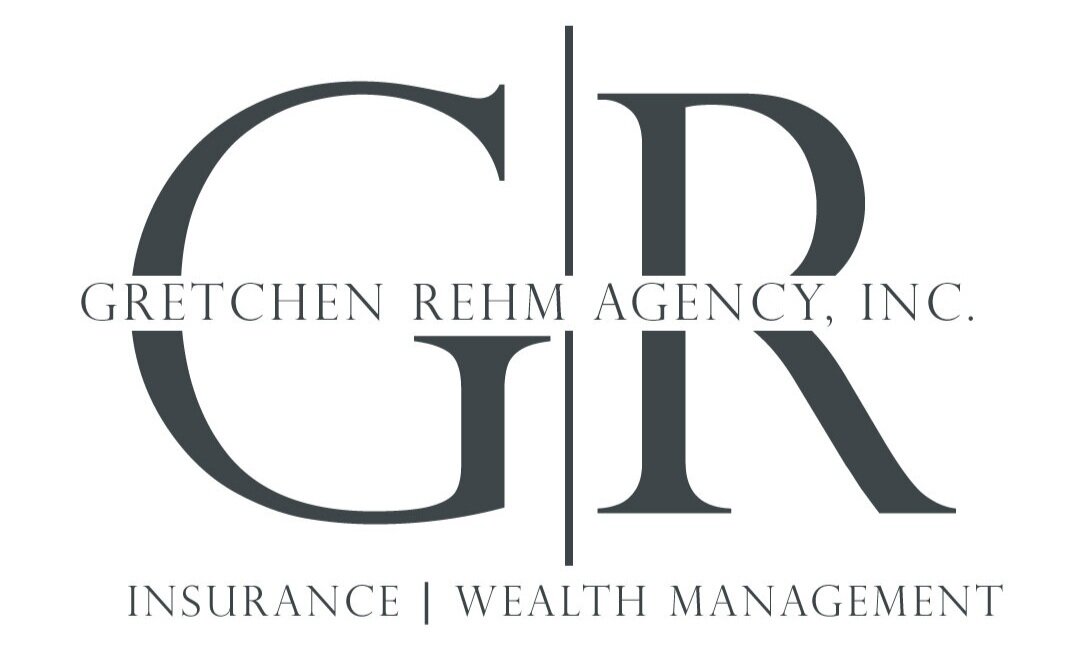The Importance of Your Credit Score
We all have credit scores. But what is this number, what is it used for, and why should you care? Let’s dive in a bit deeper!
What Is a Credit Score?
Believe it or not, the official use of the term “credit score” and tracking in the manner we recognize today started pretty recently - 1989! However, attempts to rate how “trustworthy” a person or institution was (i.e. how to determine if you should loan them money, and if so, how much) dates back to 1841.
What we know today as a Credit Score is, in simple terms, a prediction or rating of the way you handle money. The basic statistics that compile you score start, typically as you become an adult, or age 18. They include your name, social security number, and living address. This score begins to develop as you, now an adult, begin to interact more on your own with the credit industry.
In addition to personal information, things like your credit cards (and any history you’ve had with them), debts and loans you have out in your name, any “hard inquiries” (meaning any organization that has “run your credit” typically at your behest to try to get a loan) made, and public record information, such as bankruptcies and liens. Together, the credit bureaus then take this data and create a number for you.
This number determines your “risk factor” designating how likely it is you will pay your loans back or not.
Why Should I Care About My Credit Score?
What does this figure affect? Well, it often can determine what you can and cannot borrow money for, such as taking out small loans such as a new cell phone or phone line or a utility bill. It also impacts whether or not you can borrow to purchase a vehicle, a house, rent an apartment, etc.
If your credit score is too low, it indicates to the lenders that you are not likely to pay back anything you borrow. If your score is high, lenders are more likely to trust you and lend to you. In addition to that ever-crucial “Yes” or “No” response is at what interest rate you may borrow money. Again, the better your score (or risk reputation), the better your rates will be. If you’ve proven over time you are reliable and pay back your debts, the lenders are more likely to give you a better rate at borrowing.
What’s a Good Credit Score?
Credit scores range from 300 to 850. Most, of course, fall somewhere in the middle of those ranges. A rough estimate at what lenders find as “good” or “bad” ratings generally consists of the following:
Poor: 300 to 579
Fair: 580 to 669
Good: 670 to 739
Very good: 740 to 799
Exceptional: 800 to 850
Depending on where you fall along that scale will determine your ability to (or rate at which) you may borrow funds.
How Can I Improve My Credit Score?
There are a number of ways to keep your score at a good or higher level. Here are some of the top ways your score can improve:
Don’t Borrow Too Much!
The more you have out in loans, the more dangerous the risk factor will be to lending you more (i.e. you won’t likely be able to pay it all back). Try not to take out too much debt at any one time.
Pay Your Debts Back On Time
Be sure that you pay all bills on time, especially on your loans. Anything from a car loan, to a mortgage payment, to even smaller bills like your credit card debts and utilities, all combine to monitor your score, so keep things organized and on time!
Reduce Inquiries
Each time someone looks into your credit score (not your free monitoring, but someone seeking to lend you money), your score takes a “hit.” Try not to make a multitude of inquiries all at the same time.
Keep An Eye on It
The best way to raise your score is to keep a dutiful eye on it. Firstly, you want to do regular checks to be sure you have not been th victim of identity theft. In today’s world, there are plenty of ways for hackers and thieves to access your persona data. You should monitor your reports to be sure all debts are actually YOU taking them out, and not fraud. Secondly, you can see what the big factors may be bringing your rating down.
Who Sets My Credit Score?
There are three main bureaus that monitor credit scores. Those include:
TransUnion
Experian
Equifax
You may, at any time, as many times as you like, request to check your scores. You checking on your scores will not impact the figure itself. Many online services offer free monitoring for you with apps or sites such as CreditKarma, your own local banking service, or through the federal government.
How Can I Find My Credit Score?
According to the Consumer Protection Finance Bureau, there are many ways to request such data:, You can request and review your free report through one of the following ways:
Online: Visit AnnualCreditReport.com
Phone: Call (877) 322-8228
Mail: Download and complete the Annual Credit Report Request form. Mail the completed form to:
Annual Credit Report Request Service
P.O. Box 105281
Atlanta, GA 30348-5281
Here to Help!
Everyone deserves the tools and techniques for a better financial future. Reach out to my office anytime!

